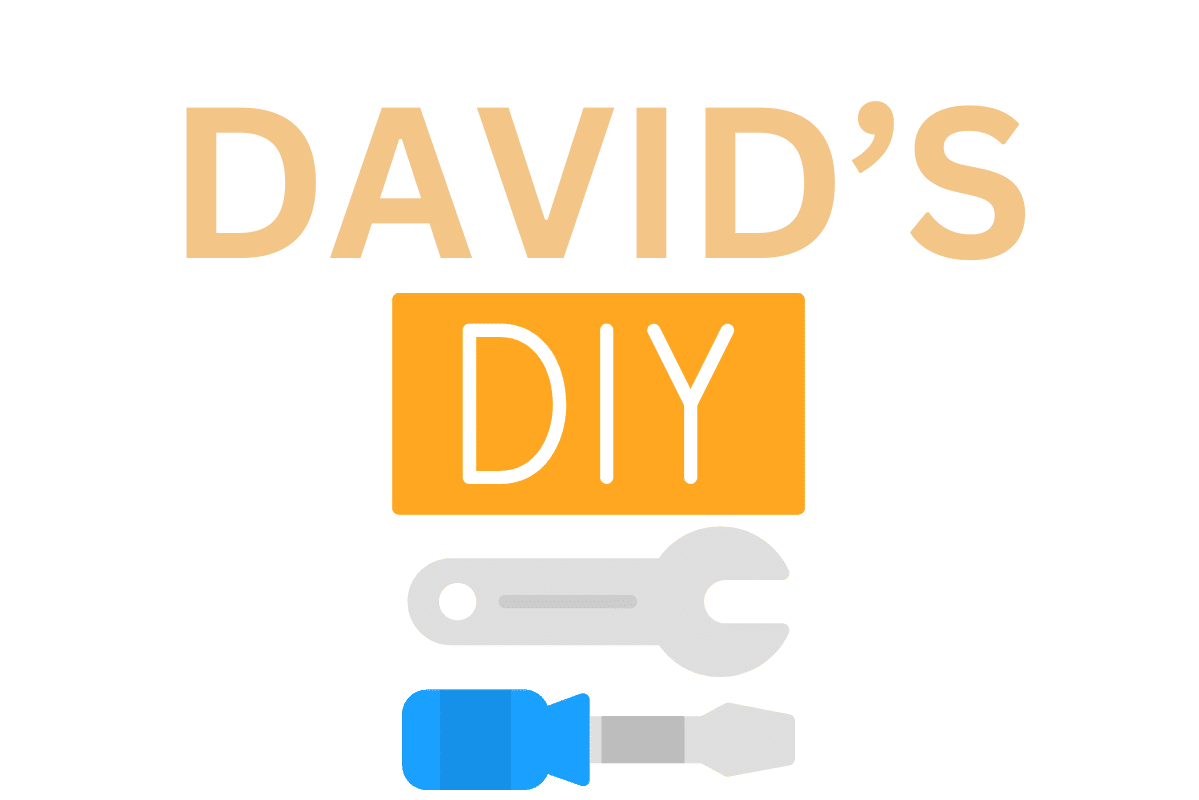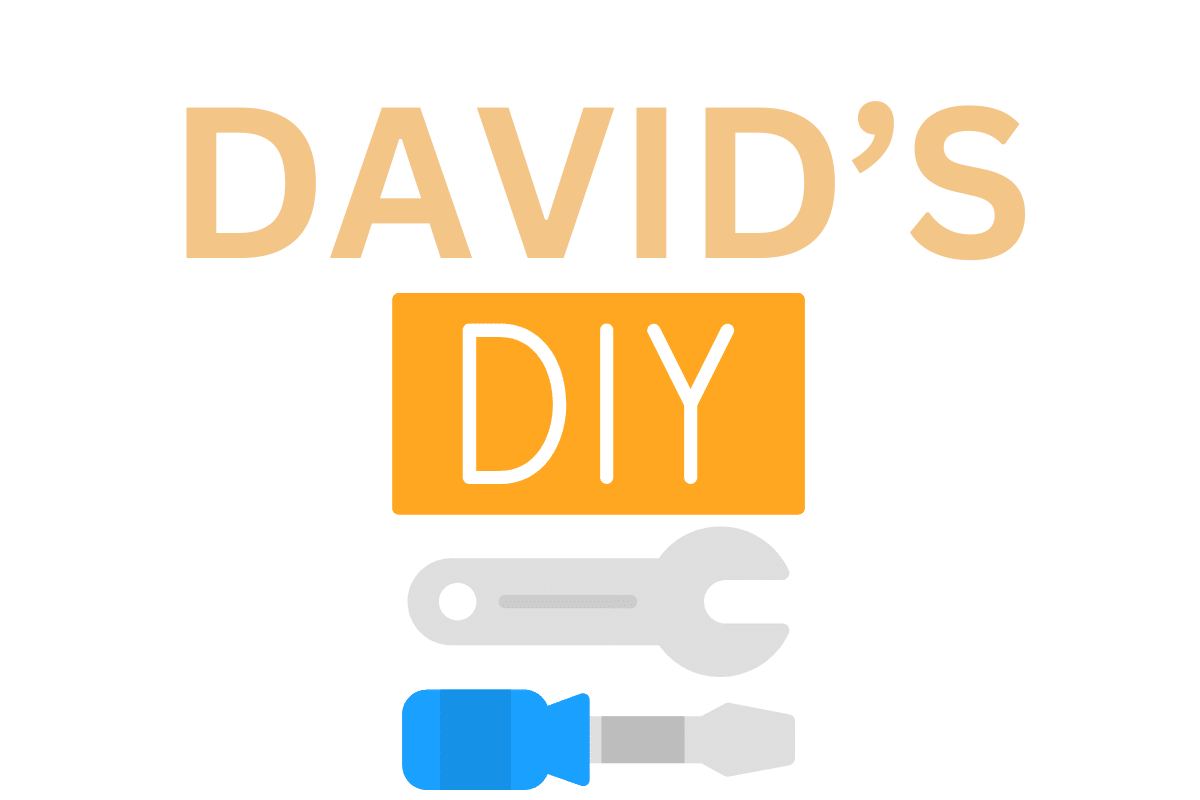Delving into the world of DIY science kits for kids, I have found the intersection of fun and education to be fascinating. From exploring the mysteries of magnets to constructing solar-powered vehicles, the possibilities are as plentiful as they are enlightening. But how can these kits truly benefit a child’s development and curiosity? Let’s unravel the layers of these engaging projects and uncover the secrets they hold for young minds eager to explore the wonders of science.
Benefits of DIY Science Kits
Exploring science through hands-on experimentation with DIY science kits offers children a practical and engaging way to learn scientific concepts. These kits promote hands-on learning, allowing young minds to actively participate in the scientific process. By conducting experiments themselves, children can observe phenomena firsthand, fostering a deeper understanding of various scientific principles. This interactive approach not only makes learning fun but also enhances critical thinking skills as children analyze outcomes and draw conclusions based on their observations.
Engaging with DIY science kits provides a unique opportunity for children to apply theoretical knowledge to real-world scenarios. Through hands-on activities, kids can explore scientific concepts in a tangible way, making connections between what they learn in textbooks and what they observe in experiments. This practical application of knowledge nurtures a sense of curiosity and encourages children to ask questions, seek answers, and develop a deeper appreciation for the wonders of science. In essence, DIY science kits empower children to become active learners, sparking a lifelong passion for discovery and exploration.
Popular Science Kit Themes
Have you ever wondered what themes are popular in DIY science kits for kids? When it comes to engaging children in scientific exploration, some popular themes include space exploration, chemistry experiments, robotics engineering, and environmental conservation. These themes provide a hands-on approach to learning and spark curiosity in young minds.
Popular Science Kit Themes
| Space Exploration | Chemistry Experiments | Robotics Engineering |
|---|---|---|
| Learn about planets, stars, and galaxies through exciting experiments and models. | Conduct safe and simple chemistry experiments to understand reactions and properties of different substances. | Build robots and learn about programming, mechanics, and engineering concepts. |
| Environmental Conservation | ||
| Explore environmental issues and solutions through projects that focus on sustainability and conservation efforts. |
These themes not only make learning fun but also instill a sense of wonder and curiosity about the world around us. Whether a child is interested in outer space, chemistry, robotics, or protecting the environment, there is a DIY science kit available to cater to their interests.
Age-Appropriate Kits for Kids
When considering age-appropriate DIY science kits for kids, it’s crucial to align the complexity of the experiments and concepts with the child’s developmental stage and cognitive abilities. As a parent or educator, selecting the right kit can foster a love for science and exploration. Here are some key points to keep in mind:
- Hands-on experiments: Choose kits that offer hands-on activities, allowing children to engage directly with the materials and concepts.
- Interactive learning: Opt for kits that promote interactive learning experiences, encouraging kids to ask questions, make observations, and draw conclusions.
- Age-specific content: Look for kits designed specifically for your child’s age group to ensure the activities are neither too simple nor too complex.
- Safety considerations: Prioritize kits that include safety instructions and appropriate materials to ensure a secure learning environment.
DIY Science Kits for Outdoor Exploration
Amidst the vast opportunities nature offers, DIY science kits tailored for outdoor exploration provide children with hands-on experiences that deepen their understanding of the natural world. Nature exploration through hands-on experiments not only fosters a love for the outdoors but also enhances scientific skills and knowledge. These kits often come equipped with tools and guides to help children engage with their surroundings in a meaningful way. By interacting directly with the environment, kids can observe, hypothesize, and draw conclusions, all essential aspects of the scientific method.
| Benefits of DIY Science Kits for Outdoor Exploration | |
|---|---|
| 1. Encourages curiosity | |
| 2. Promotes environmental awareness | |
| 3. Enhances critical thinking skills |
Engaging in outdoor exploration through DIY science kits allows children to discover the wonders of the natural world firsthand. These experiences not only educate but also instill a sense of wonder and appreciation for the environment, fostering a lifelong connection to nature.
Tips for Maximizing Educational Value
To maximize the educational value of DIY science kits for outdoor exploration, consider incorporating structured observation exercises to deepen children’s understanding of the natural world. Hands-on learning and critical thinking are essential components in enhancing children’s educational experiences through DIY science kits. By engaging in inquiry-based experiments and problem-solving activities, children can develop important skills while having fun outdoors. Here are some tips to make the most of the educational potential of DIY science kits:
- Encourage children to ask questions about the phenomena they observe.
- Prompt kids to make predictions before conducting experiments.
- Have children record their observations and findings in a journal to enhance their scientific thinking.
- Discuss the results with children to help them draw conclusions and understand the scientific principles at play.

